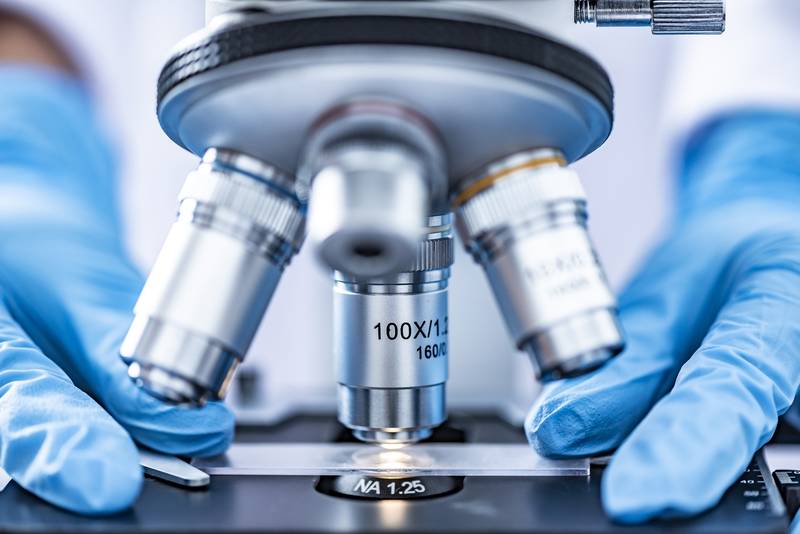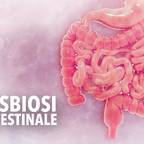
Marco Scaglione
My professional biography and my story are linked together they kept strong by a strap which is called passion. I'm lucky: I like my job, I enjoy it and it fills me with satisfaction.
It was born a new collaboration between Marco Scaglione and Aksum. Click on the logo and visit their site.
INSIGHTS
All insights
Le nombre de coeliaques augmente les cas diagnostiqués mais pas les malades.

Since coeliac disease is a disease that, if left untreated, can lead to serious complications, there is a growing need for minimally invasive early detection systems that can reach those at risk.
In many cases the symptoms are subtle and not immediately attributable to the coeliac disease: the disease can manifest with signs that do not affect the intestine but that instead include:
anemia,
aphthous,
irregularities in the menstrual cycle
hives
The picture of the celiac disease situation in Italy has been photographed as every year by the Annual Report to the Parliament by the Ministry of Health. From the data made known it is noted that coeliac disease is a disease that mainly affects women and that is having a boom in new cases: from 2012 to 2014 was recorded a +15%.
As for the spread of coeliac disease in Italy, it is more common in the north (48% of cases) than in the centre (22%) and the south (19%). Lombardy is the most affected region with over 30 thousand celiacs (17% of the total).
The numbers of coeliac disease in Italy are therefore on the increase. But it is necessary to interpret the data: are there more coeliacs than in the past or is it more likely to arrive at a correct diagnosis today? «There is no scientific evidence to indicate that the number of cases of coeliac disease is increasing», repeats every time Marco Silano, director of the food department, nutrition and health of the Higher Institute of Health and coordinator of the scientific committee of the Italian Celiac Association.
Today the certainty is that people do not recover from coeliac disease, but it is certainly possible to live with it in a much more tolerable way.
 English
English
 Italiano
Italiano
 Español
Español
 Francais
Francais


 Share on:
Share on:








